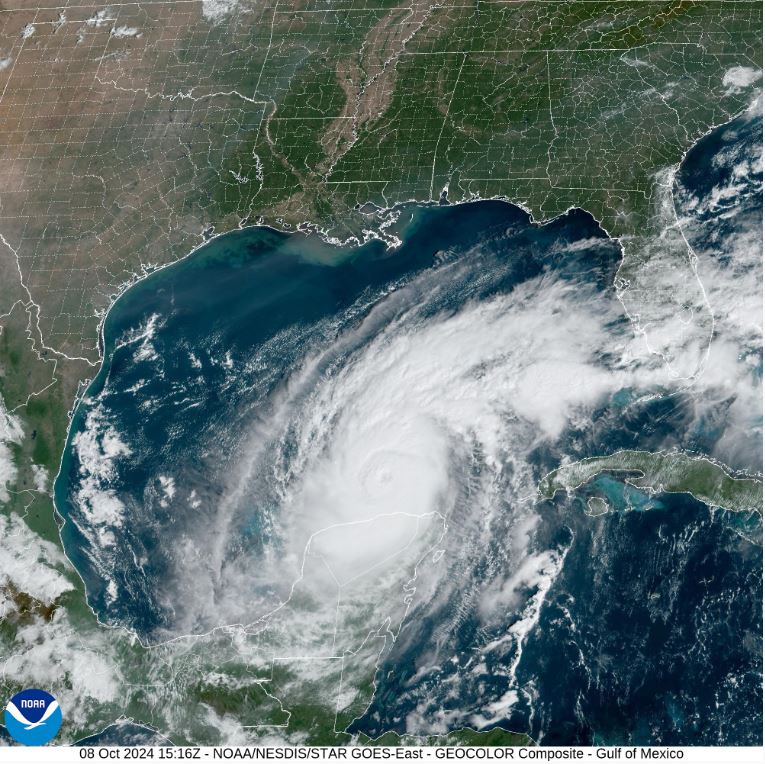As Hurricane Milton barrels toward Florida, the state faces more than just immediate damage from one of the most powerful storms in recent history. Governor Ron DeSantis’ recently enacted anti-camping law, designed to curb unsheltered homelessness by criminalizing outdoor encampments, could leave hundreds of thousands of newly homeless Floridians in a precarious legal situation. The real threat lies in the fact that approximately 1.53 million homes in Florida are uninsured, leaving many families vulnerable to losing their homes with no financial recourse for repairs.
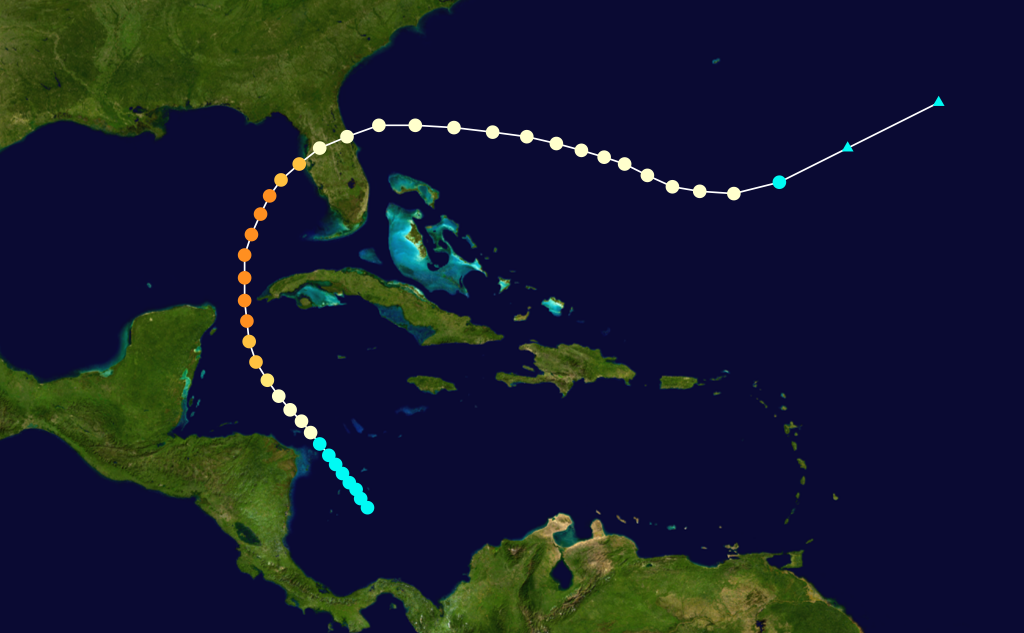
The last time the eye of a major storm like Hurricane Milton struck Tampa Bay was in 1921, when the city was only a few hundred thousand residents. Today, Tampa is among the fastest-growing metropolitan areas in the United States, with more than 3 million people, and is highly vulnerable to flooding due to climate change. As Milton strengthens into a Category 5 storm and moves toward the Gulf Coast of Florida, experts are worried that the region’s century-long streak of good luck may come to a sudden and devastating end.
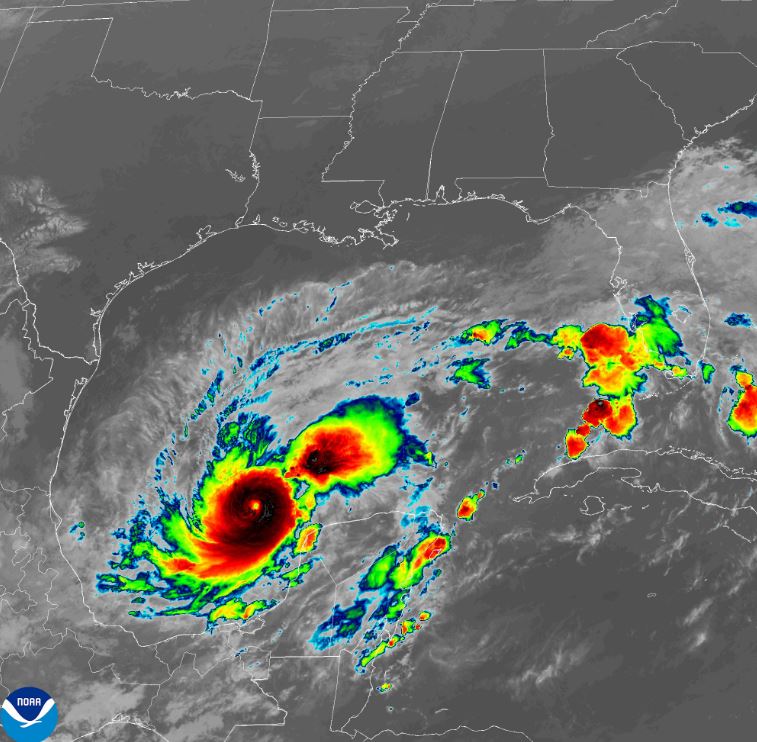
Microwave imagery and Hurricane Hunter observations suggest that Milton completed an eyewall replacement overnight, further intensifying its already catastrophic potential. With sustained winds of 130 kt (around 150 mph) and a central pressure of 929 mb, Hurricane Milton is expected to make landfall on Florida’s west-central coast, bringing life-threatening storm surge and hurricane-force winds. The forecast predicts storm surge inundations exceeding 10 feet along parts of the west coast and potentially devastating winds that could leave areas unrecognizable.
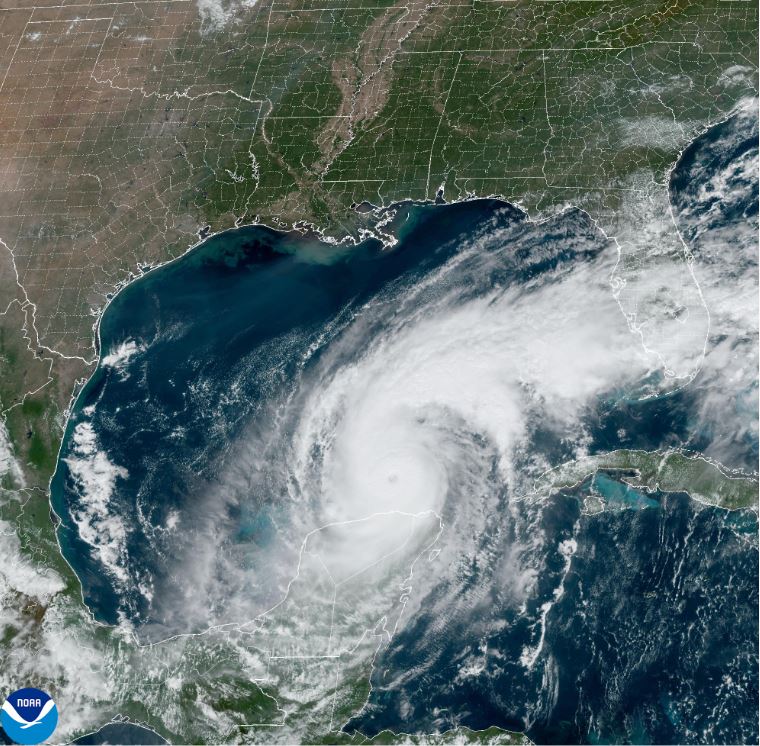
Despite some anticipated weakening due to vertical shear, Milton’s intensity is forecasted to remain within the “extremely dangerous” range when it makes landfall. The wind field is expected to expand significantly, with tropical-storm-force winds doubling in size by the time Milton reaches the coast. Local authorities are urging residents in at-risk areas to evacuate immediately, as delaying could lead to fatal consequences.
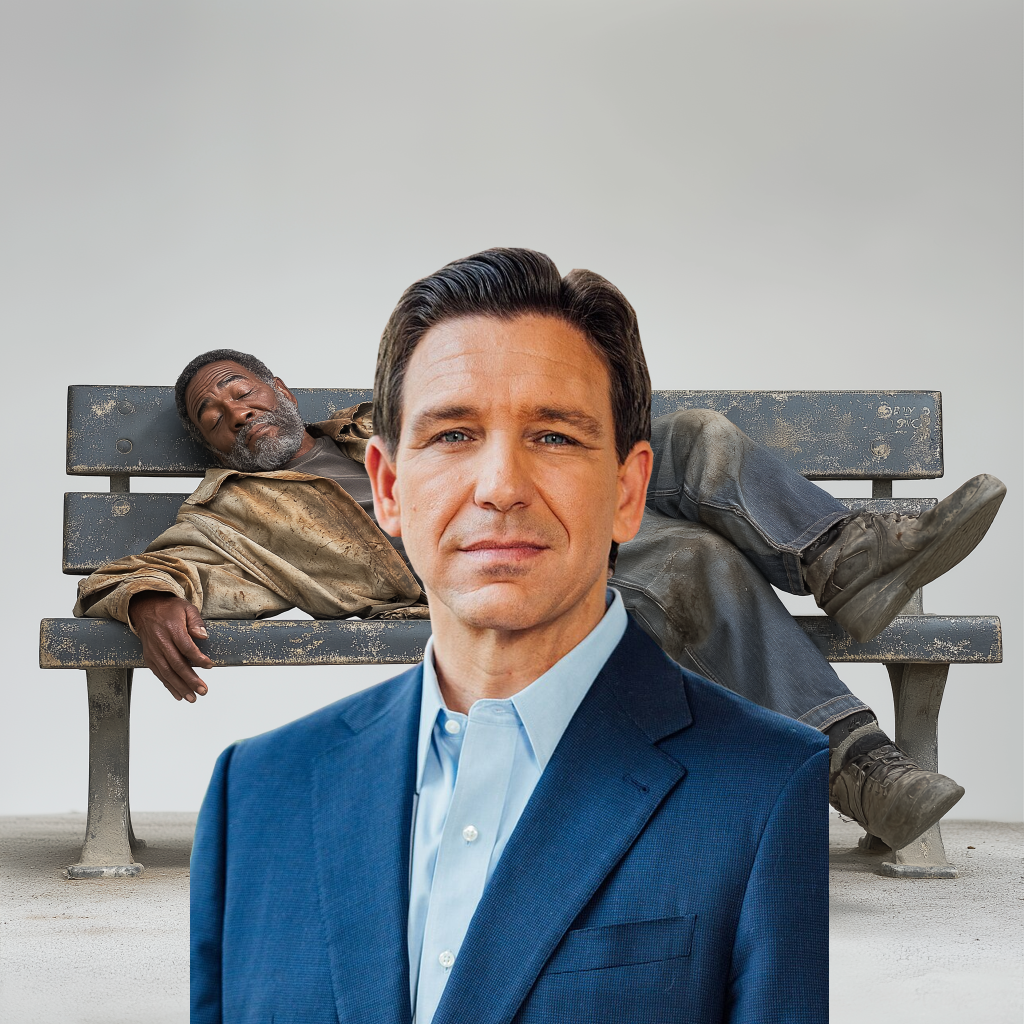
Governor DeSantis’ new anti-camping law, passed earlier this year, aims to combat homelessness by penalizing unsheltered individuals for camping in public spaces. Those found violating the law face fines and even potential jail time. While the law was crafted with the intent of addressing chronic homelessness, its impact on Floridians who lose their homes to Hurricane Milton could be disastrous.

For the estimated 1.53 million homeowners without insurance, the damage wrought by Hurricane Milton may be insurmountable. With homes destroyed and no insurance to cover repairs, thousands of families could find themselves suddenly homeless. Lacking access to shelter, many might resort to camping in public areas, such as parks or beaches, only to face the harsh penalties of the anti-camping law. In this scenario, the law could transform hurricane victims into criminals. As they seek temporary shelter while attempting to rebuild their lives, these displaced families could be subjected to fines, arrests, and further financial hardship—all while dealing with the trauma of losing their homes.
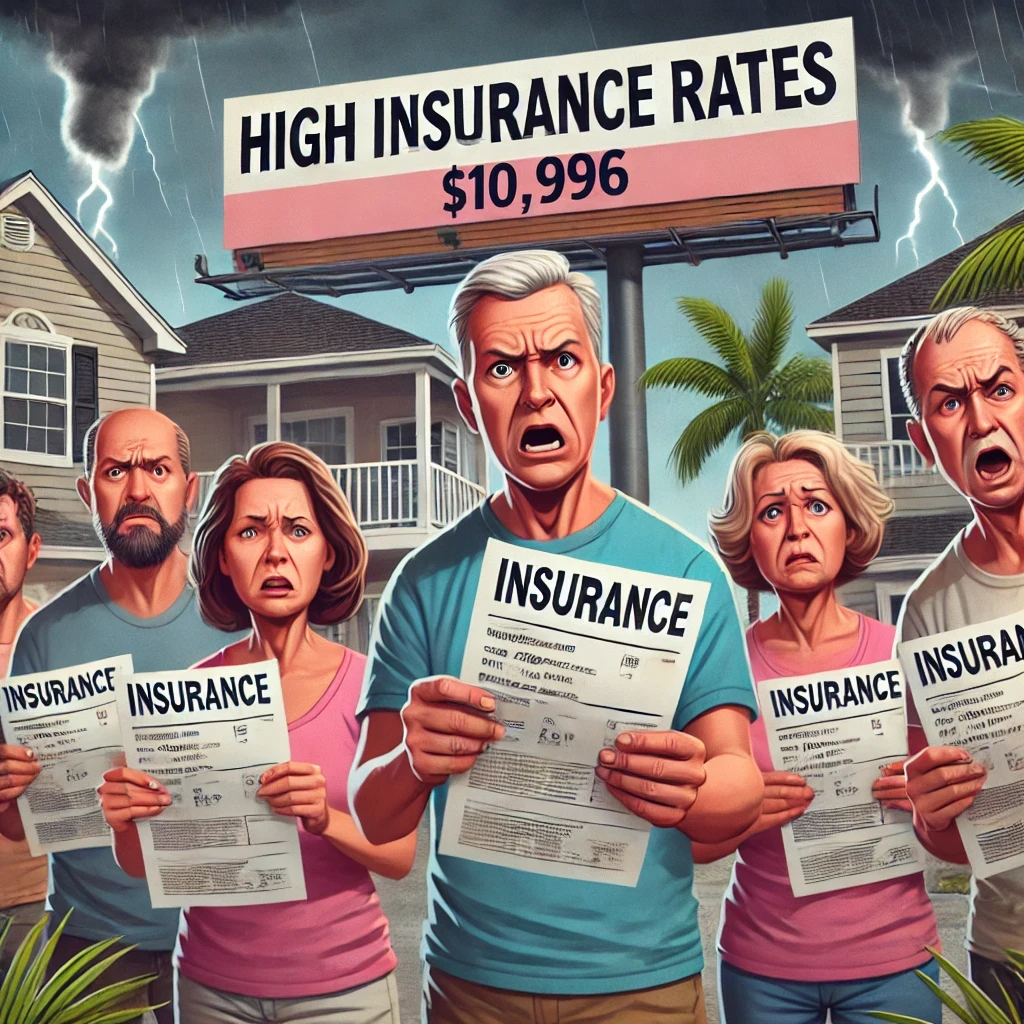
If just a fraction of the 1.53 million uninsured homes are severely damaged or destroyed, Florida could see an unprecedented surge in homelessness. With the state’s shelter systems already stretched thin and federal disaster relief often slow to arrive, the need for temporary housing will far exceed the available resources. The timing couldn’t be worse. As Milton approaches, local governments have issued evacuation orders and prepared for catastrophic damage. But for uninsured Floridians, rebuilding may be out of reach, leading to long-term displacement. DeSantis’ anti-camping law could criminalize their struggle for survival, punishing those whose only crime is being unprepared for the financial fallout of the storm.
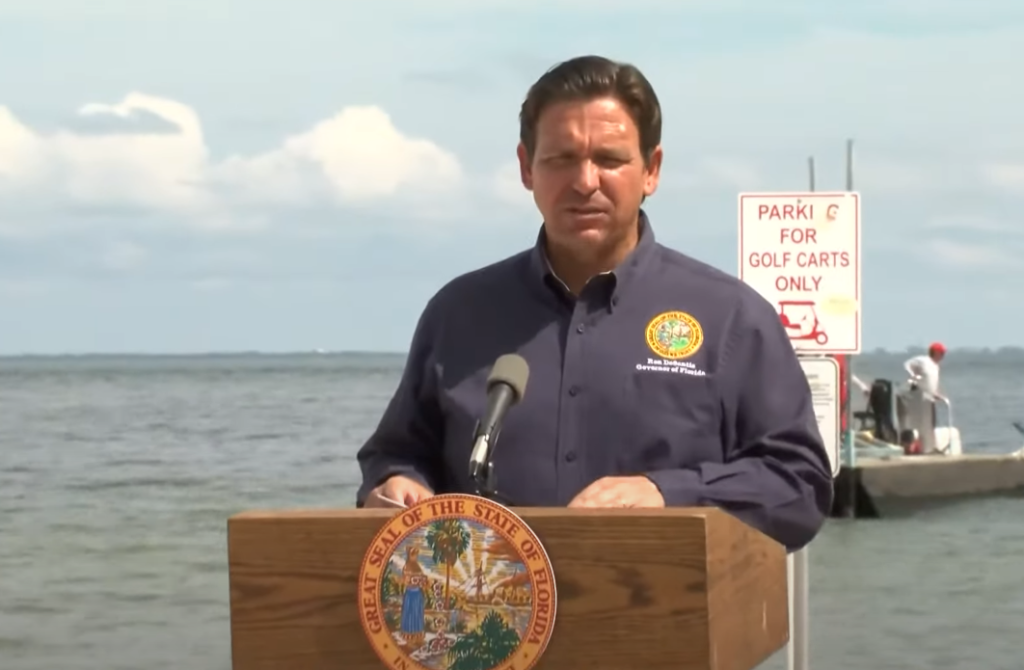
Florida’s leaders face a critical decision. In the wake of Hurricane Milton, state policies must adapt to protect those displaced by natural disasters. DeSantis’ anti-camping law, intended to address homelessness, may need to be revised to account for the unique challenges posed by natural disasters. Temporary suspensions or amendments to the law could help prevent the criminalization of hurricane victims who find themselves without shelter. Additionally, stronger efforts to encourage or subsidize insurance for homeowners in vulnerable areas could help mitigate future crises. Florida’s insurance market is already stretched due to increasing disaster claims, but solutions like a government-backed insurance fund for low-income or high-risk homeowners could alleviate some of the pressure.
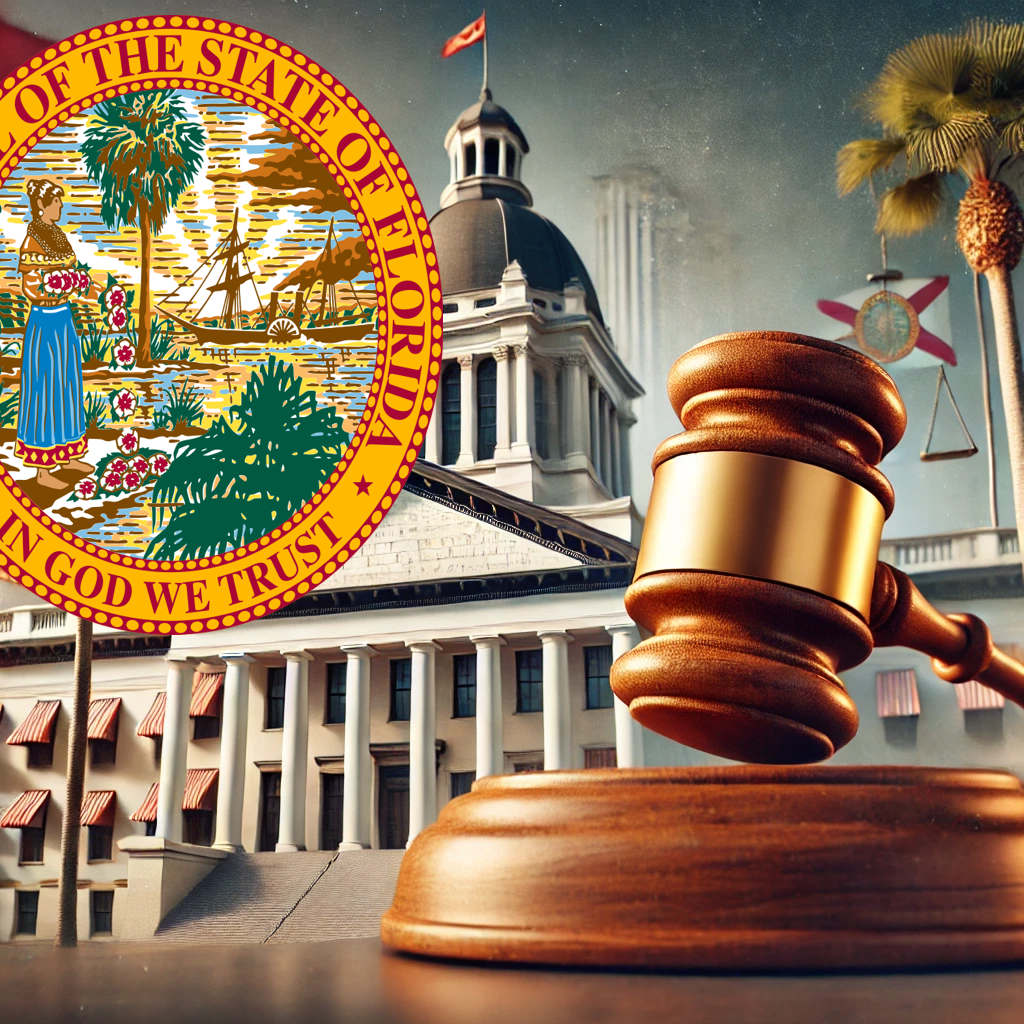
Hurricane Milton is expected to be one of the most destructive hurricanes to hit Florida in decades. With widespread storm surge, hurricane-force winds, and heavy rainfall predicted to leave swathes of the state underwater, the future looks grim for uninsured Floridians. Governor DeSantis’ anti-camping law, while well-intentioned, may end up compounding the crisis by criminalizing those who lose everything in the storm. Florida’s leaders must act swiftly to adjust policies and provide the necessary support for those displaced by this devastating event. Otherwise, the state risks turning a natural disaster into a humanitarian catastrophe.

